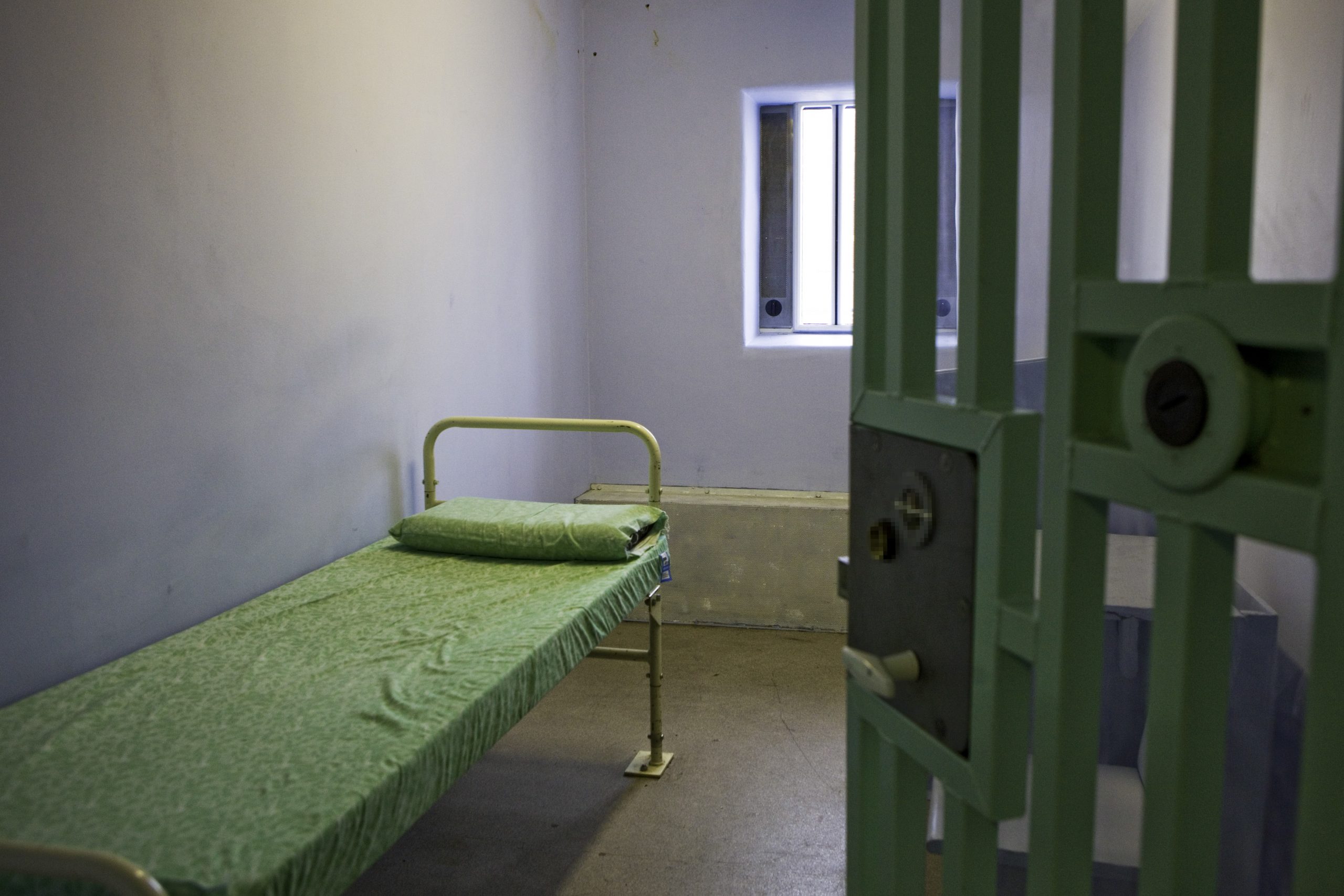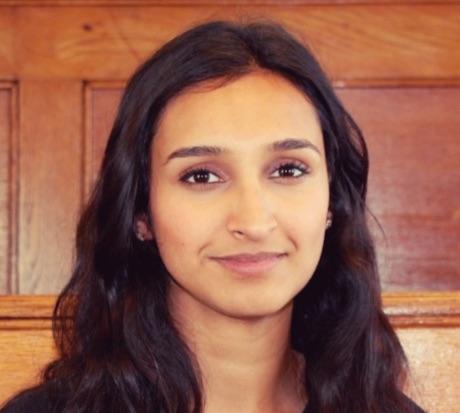The use of ‘pain-inducing restraints’ and solitary confinement for children more than 22 hours at a time were being used excessively in young offender institutions and should be banned, according to a new report from MPs and peers.
There are approximately 2,500 young people serving custodial sentences in youth offender institutions, detained in mental health units or secure children’s homes. The report released by parliament’s Joint Committee on Human Rights found that young people are being treated unduly harshly and argued that such techniques caused ‘physical distress and psychological harm in both the short and longer term’ and were ‘clearly not compliant with human rights standards’.
The committee heard evidence from young people who had been restrained and separated from human contact whilst detained in hospital and custody and from their parents. Some practices were ‘particularly extreme or controversial’ and the committee called for the greater monitoring of the use of the ‘prone restraint’, which is currently being reviewed. ‘The deliberate infliction of pain in young offenders’ institutions is unacceptable under any circumstances under rights legislation,’ it said. Excessive use of restraint and separation was ‘partly due to insufficient staffing levels, insufficient staff training and experience, and inappropriate facilities’.
Harriet Harman, the committee’s chair, said that the UK was under international and domestic legal obligations to ensure that children were not subject to cruel, inhuman or degrading treatment. ‘The government must comply with its legal obligations and ensure that children in detention are not subject to solitary confinement or unnecessary or disproportionate uses of restraint,’ she said.
Julie Newcombe, the mother of a young person who was detailed in a rehabilitation unit, gave evidence for the report informing MPs of her autistic son, Jamie: ‘He had his arm broken in a restraint, the right humerus bone. His arm was wrenched up behind his back until the bone snapped,’ she said.
Another young girl told the committee: ‘I remember it being painful, but for me personally never for an extended period of time, because the idea of further restraint was just so uncomfortable and distressing that I would just stop and comply with whatever from there.’
The Howard League for Penal Reform provided written evidence that children were held in solitary confinement in prison ‘despite assertions by the Ministry of Justice that it does not happen: calls to the Howard League suggest that there are numerous instances where children are isolated for more than 22 hours a day, sometimes for days on end. That amounts to solitary confinement according to definitions accepted both by international and domestic experts and the Supreme Court.’
The group recognised the necessity for short-term separation after a serious incident, however concluded: ‘The use of separation from human contact is harmful to children if used for more than a few hours at a time and, beyond that, it can amount to inhuman or degrading treatment that is a breach of children’s rights.’
The Equalities and Human Rights Commission gave evidence that there were ‘substantial disproportionalities’ in the use of solitary confinement and disabled and ethnic minority children were at increased risk of being placed in isolation.







